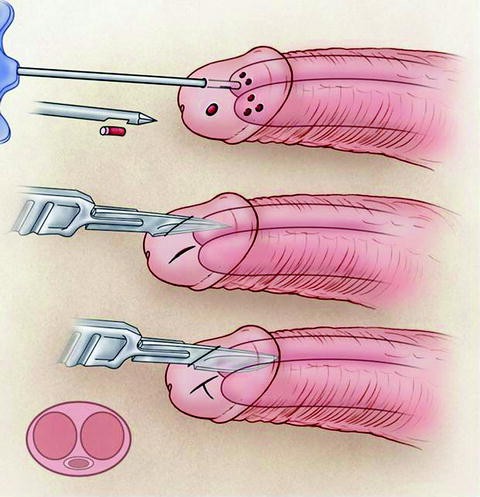Caverno Saphenous Shunt Priapism
India
-
Our Price USD 1485
-
Hospital Price USD 1650
-
You Save : USD 165
Booking Amount: USD 149. Pay Remaining 90% at the hospital.
Book NowAdditional Credit
Among the important extras we offer as part of the Additional Credit are the following:
-
Site Tourism For The Patient & Attendant
-
Airport Pick & Drop Service
-
Ambulance service at airport
-
Priority appointments with The Doctor
-
Cancel Easily Anytime with Full Refund
-
Room Upgradation
-
Free Online Doctor Consultation Valued at USD 20
-
Free hotel Stay for 5 to 7 days Accordingly
-
Welcome Kit at Arrival
-
Interpreter
-
Medical Visa Assistance
What is Included?
- Doctor consultation charges
- Lab tests and diagnostic charges
- Room charges inside hospital during the procedure
- Surgeon Fee
- Cost of implant
- Nursing charges
- Hospital surgery suite charges
- Anesthesia charges
- Routine medicines and routine consumables (bandages, dressings etc.)
- Food and Beverages inside hospital stay for patient and one attendant.
What is not Included?
- Extra Radiology Investigations
- Healthcare Professionals Charges of other consultations.
- Other Requested Services such as Laundry etc.
- Additional Pharmaceutical Products and Medicines After Discharge from Hospital.
- Management of Conditions Unrelated to Procedures or Pre-Existing.
- The cost of any additional implants will be in addition to the package cost.
Package Description
Caverno Saphenous Shunt Priapism:
The Grayhack shunt (proximal cavernosal-saphenous shunt) surgically links the proximal corpora cavernosum to the saphenous vein. Priapism. The Grayhack shunt (proximal cavernosal-saphenous shunt) surgically links the proximal corpora cavernosum to the saphenous vein.
Surgical therapy aims to create a shunt between the corpus cavernosum and the glans penis, corpus spongiosum, or a vein, bypassing the clogged venoocclusive mechanism.
Penile shunt surgery is used to re-establish blood circulation and provide an outlet for blood in the penis. The corpora cavernosa and the glans of the penis form a link (or "shunt"). If you want to learn more about the strategies employed, talk to your doctor.
Disease Overview:
Priapism
A prolonged erection of the penis is referred to as priapism. The complete or partial erection lasts for hours or does not occur as a result of sexual stimulation. Ischemic and nonischemic priapism are the two most common kinds of priapism. Ischemic priapism is a serious medical condition.
Disease Signs and Symptoms:
- Erection that lasts longer than four hours or is unrelated to sexual arousal or interest.
- The penile shaft is rigid, but the penile tip (glans) is soft.
- Penile ache that is becoming worse.
Disease Causes:
Erections are usually triggered by physical or psychological stimulus. Certain smooth muscles relax as a result of this stimulation, boosting blood flow to spongy tissues in the penis. The blood-filled penis grows erect as a result. The blood drains from the penis after stimulation, and it returns to its nonrigid (flaccid) form.
When an element of this system – the blood, arteries, smooth muscles, or nerves — alters normal blood flow and an erection persists, it is called priapism. The underlying cause of priapism is frequently unknown, however various factors may be involved.
- Disorders of the blood
- Blood-related disorders can cause priapism, especially ischemic priapism, which occurs when blood cannot flow out of the penis. These illnesses include:
- Sickle cell disease is a kind of sickle cell illness.
- Leukemia
- Other blood disorders (hematologic dyscrasias), such as thalassemia and multiple myeloma, are examples of hematologic dyscrasias.
- Sickle cell disease is the most prevalent concomitant diagnosis in children.
Medications on prescription
Priapism, especially ischemic priapism, is a side effect of a variety of medications, including:
Alprostadil (Caverject, Edex, and others), papaverine, phentolamine (Oraverse), and other medications injected directly into the penis to treat erectile dysfunction.
fluoxetine (Prozac), bupropion (Wellbutrin XL, Wellbutrin SR), trazodone, and sertraline are antidepressants (Zoloft)
Prazosin (Minipress), terazosin, doxazosin (Cardura), and tamsulosin are all alpha blockers (Flomax)
Medications such as hydroxyzine (Vistaril), risperidone (Risperdal), olanzapine (Zyprexa), lithium (Lithobid), clozapine (Clozaril), chlorpromazine, and thioridazine are used to treat anxiety and psychotic disorders.
Warfarin (Jantoven) and heparin are blood thinners.
Testosterone and gonadotropin-releasing hormone are examples of hormones.
Methylphenidate (Concerta, Ritalin, and others) and atomoxetine are two medications used to treat attention deficit hyperactivity disorder (ADHD) (Strattera)
Use of alcohol and other drugs
Priapism, particularly ischemic priapism, can be caused by alcohol, marijuana, cocaine, and other substances.
Injury
Trauma or damage to the penis, pelvis, or the area between the base of the penis and the anus are all common causes of nonischemic priapism (perineum).
Other considerations
Priapism can also be caused by:
- A spider bite, a scorpion sting, or other illnesses that are poisonous
- Gout and amyloidosis are examples of metabolic diseases.
- Spinal cord injuries and syphilis are examples of neurogenic diseases.
- Penis cancers are cancers that affect the penis.
Disease Diagnosis:
Penile blood gas measurement is one example of a diagnostic test. A small needle is put into your penis to extract a sample of blood for this test. The disease is most likely ischemic priapism if the blood appears black, indicating a lack of oxygen.
Tests on the blood. The quantity of red blood cells and platelets in your blood may be measured using blood collected from your arm. Diseases such as sickle cell disease, other blood abnormalities, or some malignancies may be detected in the results.
Ultrasound. Doppler ultrasonography is a noninvasive technique that uses high-frequency sound waves (ultrasound) to measure blood flow via blood arteries by bouncing them off circulating red blood cells. This test can be performed to determine if you have ischemic or nonischemic priapism by measuring blood flow within your penis. The exam may also uncover an injury or anomaly that is the root of the problem.
Toxicology examination. A blood or urine test may be ordered by your doctor to check for medicines that might be causing priapism.
Disease Treatment:
Priapism due to ischemia
Ischemic priapism, which occurs when blood is unable to escape the penis, is a medical emergency that requires rapid attention. This treatment generally begins with a mix of blood draining from the penis and the use of drugs after pain alleviation.
Decompression of aspiration A tiny needle and syringe are used to remove excess blood from your penis (aspiration). The penis may also be flushed with a saline solution as part of this operation. This therapy soothes discomfort, eliminates oxygen-depleted blood, and may even prevent erections. This procedure can be continued until the erection is no longer present.
Medications. Your penis might be injected with phenylephrine or another medicine. This medication constricts blood arteries in the penis that transport blood.
Blood veins that transport blood out of the penis expand up as a result of this motion, boosting blood flow out of the penis. If necessary, this therapy might be repeated numerous times. If you have high blood pressure or heart problems, you will be closely watched for side effects such as headaches, dizziness, and high blood pressure.
Surgery or other procedures may be required. If such therapies fail, a surgeon may undertake further operations to drain blood from the penis or surgery to redirect blood flow so that blood may flow freely again.
If you have sickle cell disease, you may be given extra therapies to help you cope with illness-related symptoms.
Nonischemic Priapism
Nonischemic priapism frequently resolves on its own. Your doctor may recommend a wait-and-see strategy because there isn't a danger of injury to the penis. Using cold packs and applying pressure to the perineum (the area between the base of the penis and the anus) may aid in the erection's termination.
In certain situations, surgery may be required to put material, such as an absorbable gel, into your penis to temporarily stop blood flow. The substance is finally absorbed by your body. Surgery may also be required to repair arteries or tissue damage caused by an accident.
Information related to Treatment
Package Details
Days in Hospital
2 Days
Days in Hotel
*
10 Days
Room Type
Private

Treating Doctor
Dr. Sanjay Gogoi
Urologist- Renal Transplant, Congenital Disorders Evaluation / Treatment, Fitsula treatment, Urogynaecology, Transurethral resection prostate surgery (TURP), Robotic urological surgery
Max Super Speciality Hospital, Dwarka New Delhi, India
24 Years of Experience
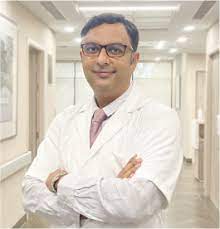
Treating Doctor
Dr Anurag Puri
Urologist- Robotic Surgeon, Kidney Transplant, Reconstructive Surgeon, RIRS Surgery, Prostate Treatment, Andrology, Uro Oncology, Endourology, Reconstructive Urology, Minimal access urological surgery
CK Birla Hospital, Gurgaon Gurgaon, India
12 Years of Experience
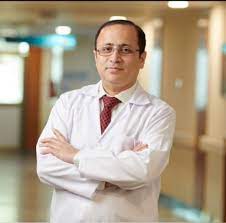
Treating Doctor
Dr. Rajiv Kumar Sethia
Urologist- Gallbladder Stone, Kidney Stone Treatment, Uro Oncology, Reconstructive Surgery, Endourology Andrology, Laser Prostate Surgery, Basic and advanced laparoscopic Urology
Asian Institue of Medical Sciences Faridabad, India
21 Years of Experience
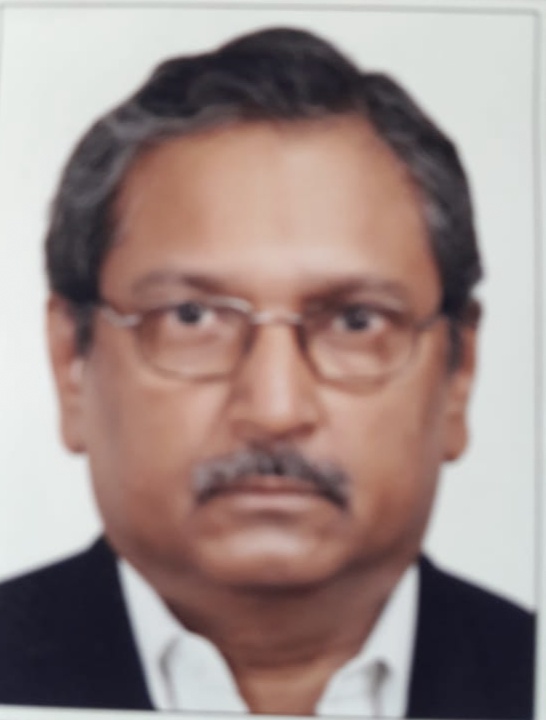
Treating Doctor
Dr. V.K. Subramanian
Urologist- Gallbladder Stone, Prostate Treatment, Kidney Stone Treatment, Male Infertility, Urinary Tract /Bladder Stones Treatment, Urinary tract infections, Endourology Andrology, Erectile Dysfunction
Fortis Hiranandani Hospital, Vashi Navi Mumbai, India
34 Years of Experience
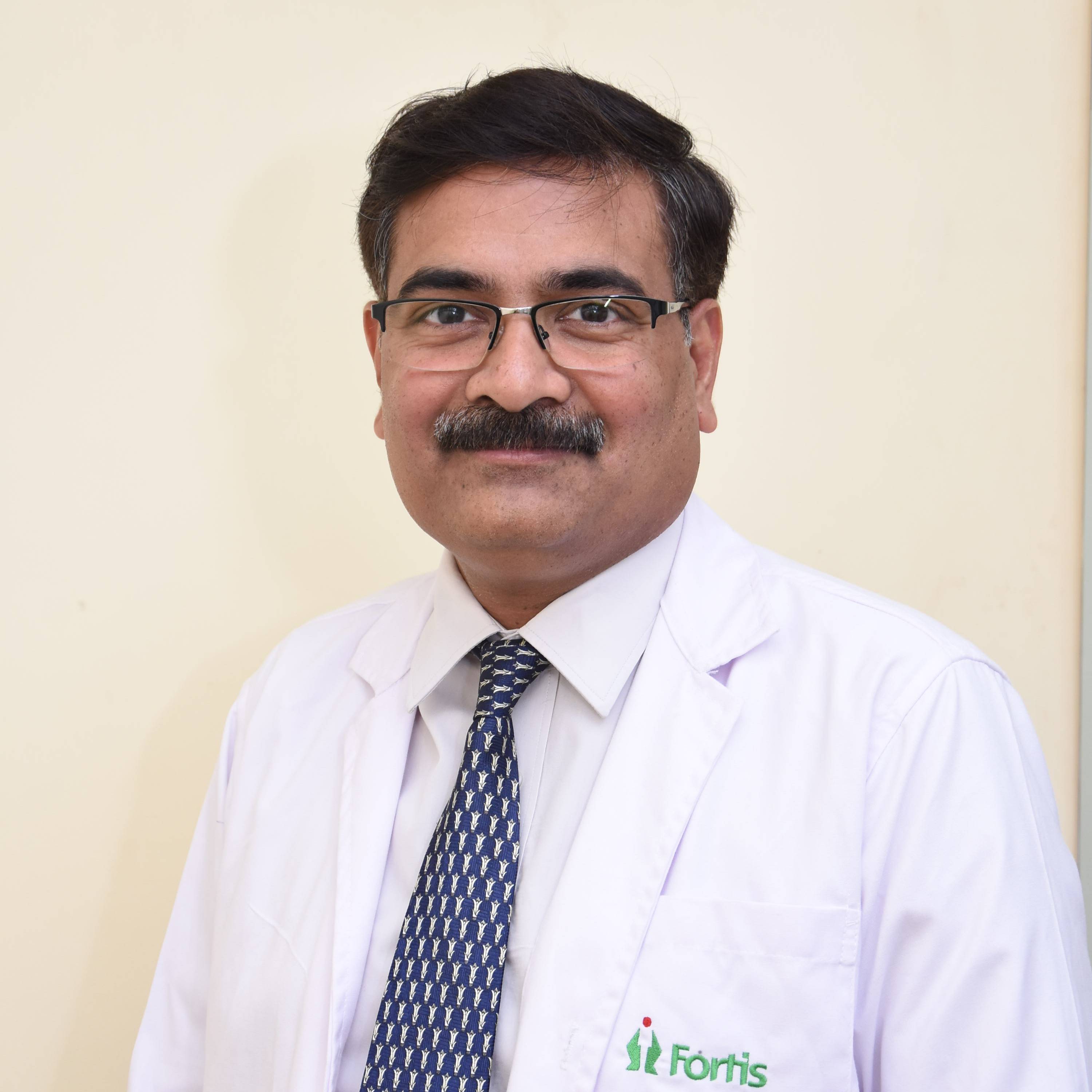
Treating Doctor
Dr. K. M. Nanjappa
Urologist- Circumcision, Kidney Stone Treatment, Ureteroscopy, Lithotripsy, Varicocele Surgery, Prostate Cancer, Lithotripsy, Prostate Cancer, Prostate Cancer, Prostate Cancer, Hydrocele Testis treatment, Prostate Cancer, Trans Urethral Resection of Bladder Tumor (TURBT)
Fortis Hospital, Kalyan Mumbai, India
32 Years of Experience
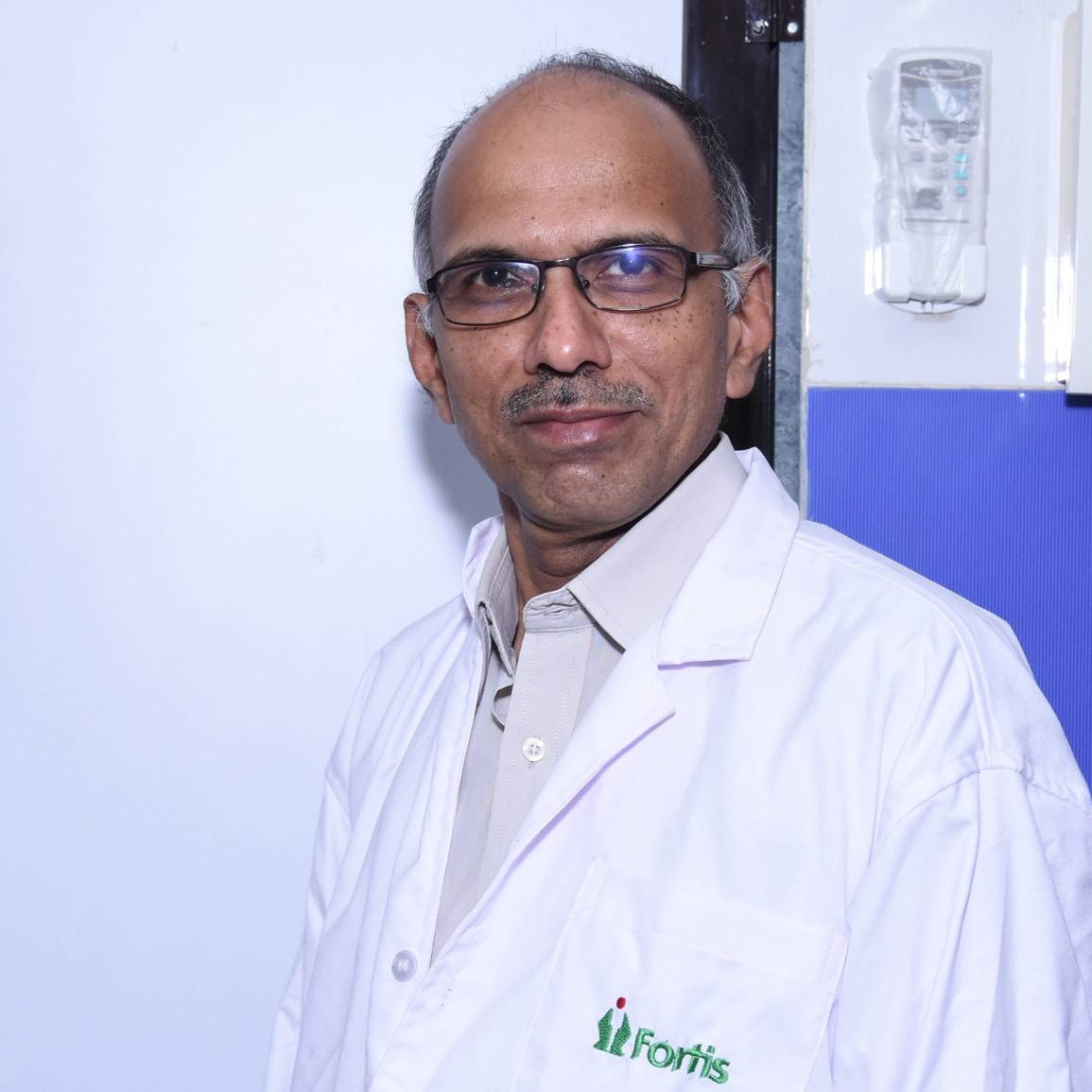
Treating Doctor
Dr. Pradeep Vyavahare
Urologist- Renal Transplant, Reconstructive microsurgery, Endoscopic Surgery, Endoscopic Surgery, Male Infertility, Urologic Oncology, Renal Transplant, Male Infertility, Erectile Dysfunction, Minimal access urological surgery
Fortis Hospital, Kalyan Mumbai, India
32 Years of Experience
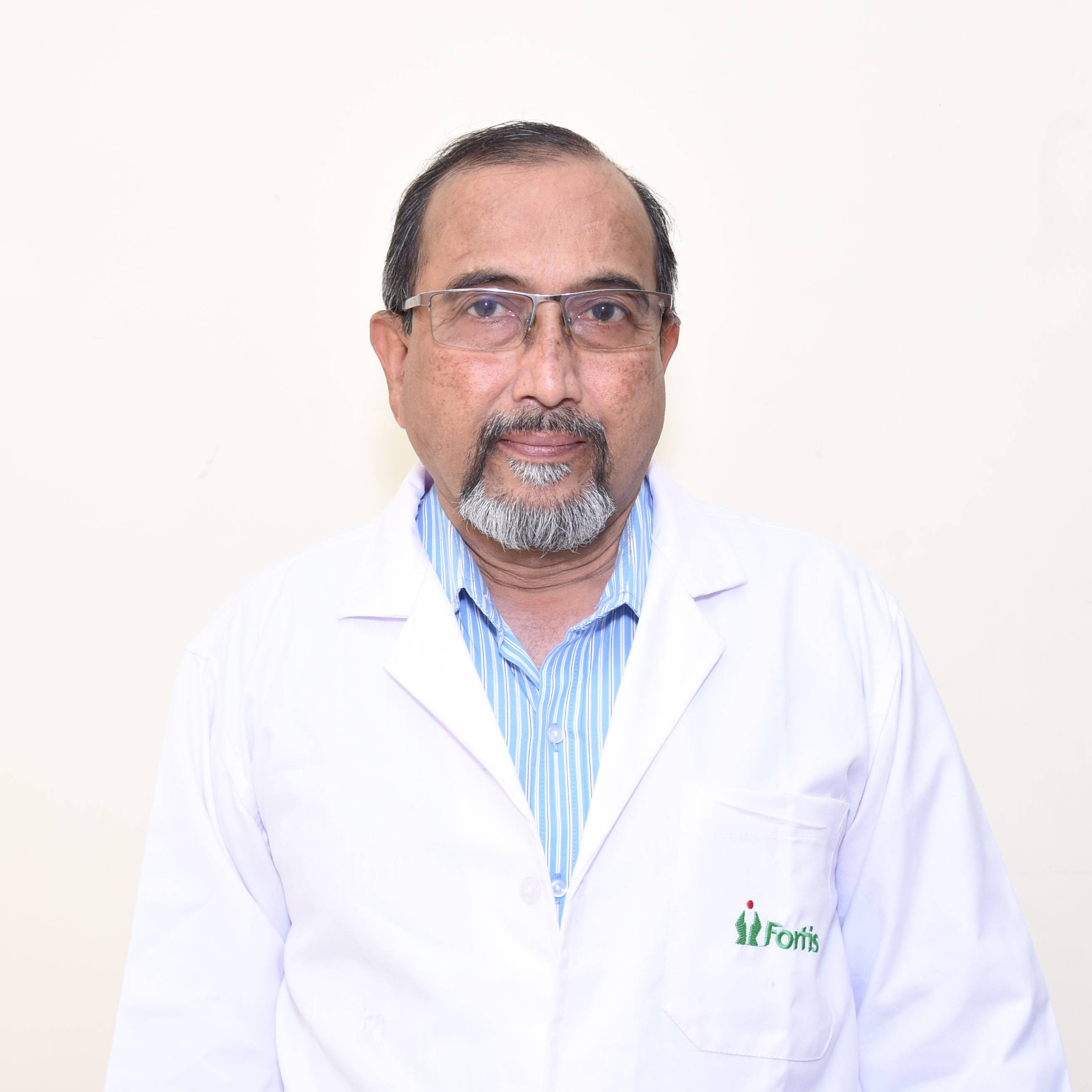
Treating Doctor
Dr. Pravin Sawant
Urologist- Vascular Surgeon, Vascular Surgeon, Testicular Cancer, URS, Erectile Dysfunction, Basic and advanced laparoscopic Urology, Kidney Stone
Fortis Hospital, Kalyan Mumbai, India
35 Years of Experience
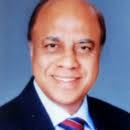
Treating Doctor
Dr. Ramesh L. Juvekar
Urologist- Renal Transplant, Reconstructive Surgeon, Male Infertility, Urologic Oncology, Renal Transplant, Erectile Dysfunction
Wockhardt Hospitals, Mumbai Central Mumbai, India
35 Years of Experience
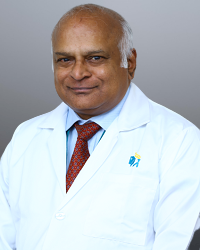
Treating Doctor
Dr Murali Venkatraman
Urologist- Cancer Surgeon, Circumcision, Laparoscopic Surgery, Renal Transplant, Kidney Stone Specialist, Laparoscopic Surgery, PCNL Surgery, Lithotripsy, Hypospadias, Cholecystectomy, Laser Treatment, Laparoscopic Surgery, Laparoscopic Surgery, Colposcopy, Andrology, Laparoscopic Surgery, Lithotripsy, Continuous ambulatory peritoneal dialysis (CAPD), Colposcopy, Uro Oncology, Hypospadias, Laparoscopic Surgery, Uro Oncology, Renal Transplant, Andrology, Uro Oncology, Pediatric Urology, Female Urology, Urethral reconstruction, Robotic radical cystectomy, Penile implants
Apollo Hospitals, Greams Road, Chennai Chennai, India
40 Years of Experience
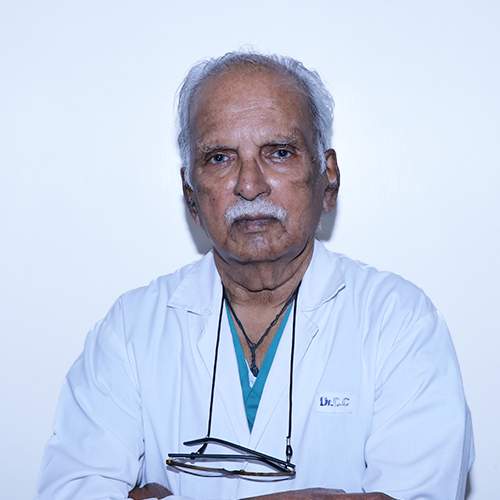
Treating Doctor
Prof. Dr. C.Chinnaswami
Urologist- Circumcision, Kidney Transplant, Prostate Treatment, Lithotripsy, Minimally invasive surgery, Kidney Transplant, Kidney Transplant, Male Infertility, Lithotripsy, UTI Treatment, Uro Oncology, Uro Oncology, Uro Oncology, Reconstructive Urology, Hydrocele Testis treatment
Vijaya Hospital, Chennai Chennai, India
45 Years of Experience

